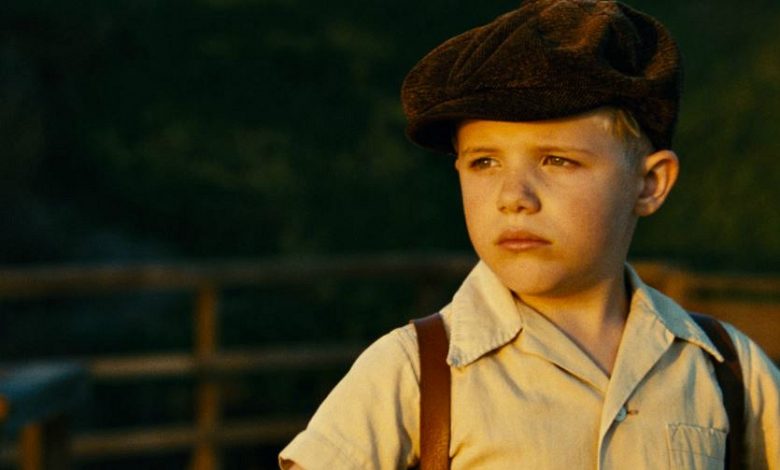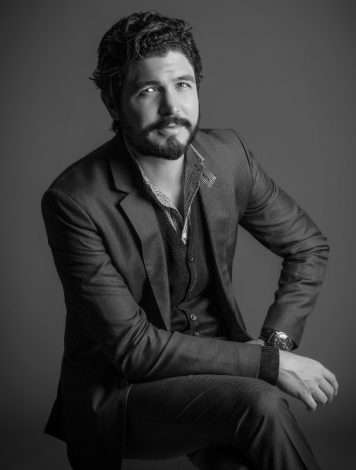Why ‘Little Boy’ Captures Wonder, Innocence of Childhood


I’ve always related to the underdog, since in many ways I’ve lived an underdog life (a Mexican immigrant who came to this country as a teenager with broken English and a dream of making films).
What came to me was the thought of a young child, separated from his best friend – more accurately his only friend – his father, by the greatest war of all: War World II. A tiny child with World War II as his enemy. That’s about as underdog as it gets.
It was also one of the greatest challenge I’ve faced as a screenwriter and filmmaker.
What can a seemingly powerless child do to bring his father back from a worldwide war? Most would say ‘nothing, it’s impossible.’ I wanted to tell the story of someone who was willing to believe the impossible.
The defining trait for Pepper Flynt Busbee (a.k.a. Little Boy) was his childlike ability to grasp impossibility – the imagination to believe that we are capable of anything, and the will to overcome any obstacle for his father and only friend.
I think as we grow we all lose a bit of that sense of wonder we had as children. In order for the story to work, I thought the best vehicle would be to stretch the reality a bit – to depict the sense of wonder of life through the eyes of a child.
My vision was to make an epic fairytale of a story. A fairytale, but without fairies. As the story began to take shape, I stumbled upon some paintings by Norman Rockwell that captured precisely the essence of what I wanted for “Little Boy.” Rockwell always painted through an idealized lens. He would take still pictures and then “enhance” them when he put them on canvasses. His colors were brighter than life. The expressions on his subject’s faces were slightly exaggerated. His characters appeared to be the type that would believe the impossible.
Rockwell actually worked into the story of “Little Boy” on two fronts. He opened my eyes to Americana. As a Mexican immigrant who adopted this wonderful nation as my own, Rockwell gave me an incredible insight into the home front during the War.
I wanted to capture the nostalgia of a Rockwell painting in remembrance of the “greatest generation.” I also wanted audiences to experience the story through the eyes and imagination of a child, to provoke thoughts of one’s own childhood, no matter the era we happened to be born into.
When I finished writing “Little Boy,” I was taken by the layers that had woven themselves into the story. At the end, it is not only a love story between a father and a son, but also an exposition of the value of family and friendship; not just an idealized take of Americana but a clashing of cultures – East vs. West; not just a dialogue about varying philosophies of life and faith but an examination of what is truly important beyond mere words in the midst of the struggles of life and war.
My hope is that audiences will explore all of these themes and more through the eyes of a Little Boy and hopefully leave the theater with a sense of innocence and wonder.
* * *
Alejandro Monteverde is the award-winning director of ‘Little Boy.’ His previous film ‘Bella’ won the People’s Choice Award at the Toronto Film Festival. ‘Little Boy’ opens nationwide on April 24 (Open Road).
